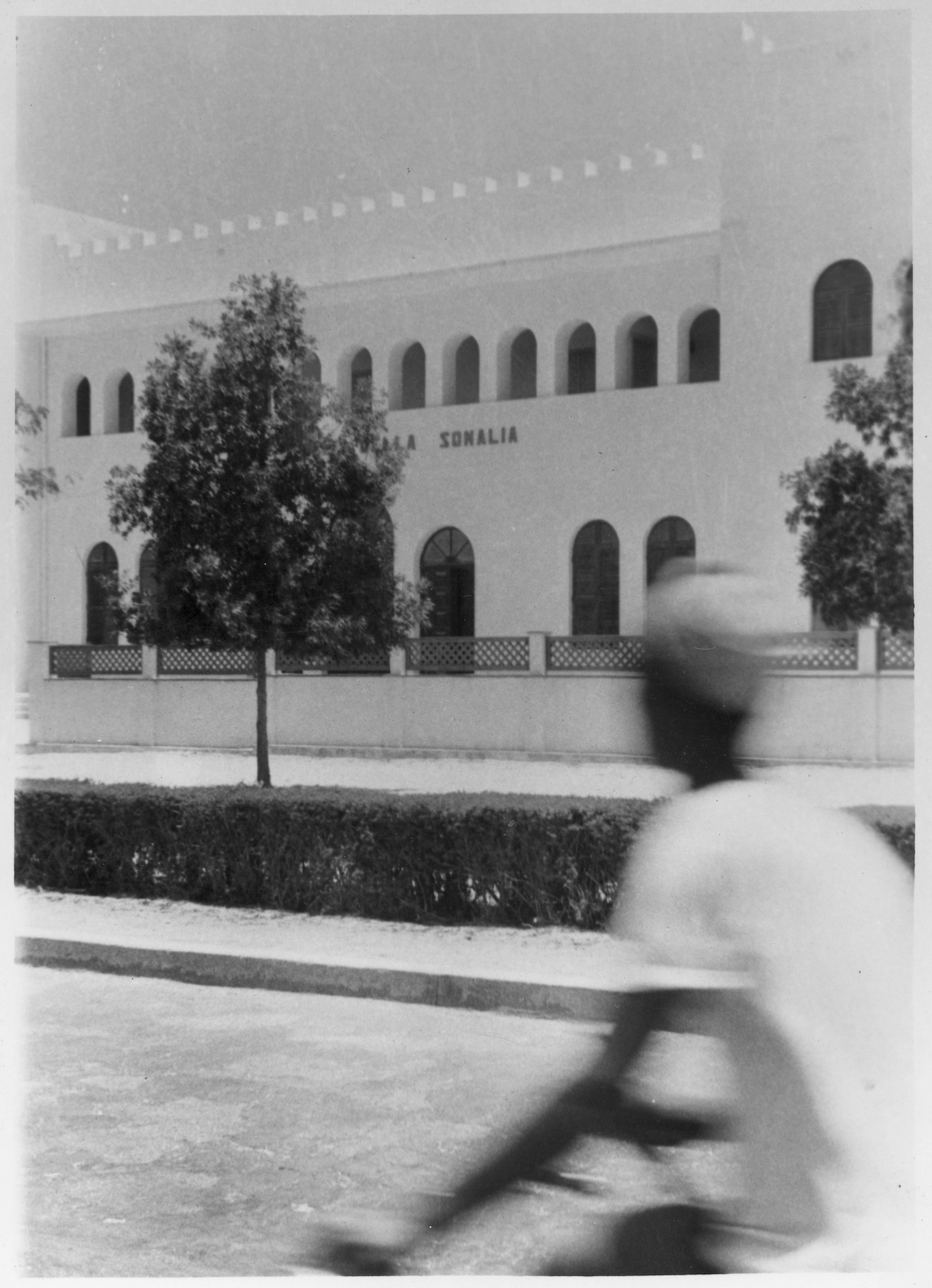 |
Colonial and Postcolonial Encounters:
The Horn of Africa and Italy
1008 Humanities Bldg
Thursdays, 4:00 p.m.
Support generously provided by: FAHSS Interdisciplinary Initiatives Fund: the Alfonse M. D’Amato Chair in Italian and Italian American Studies; the Humanities Institute at Stony Brook: the Honors College: the Department of Africana Studies: and the Department of European Languages, Literatures, and Cultures.
Lee Cassanelli, University of Pennsylvania
February 25, 2016
The lecture explores how the Italian Fascist administration in Somalia (1923-1941) envisioned its imperial mission and sought to construct a Somali past which conformed to that vision. It looks at two concerted efforts by the colonial government to assemble local artifacts and oral traditions as part of its campaign to build ’la Grande Somalia.’ The opening in 1934 of the Garesa Museum in Mogadishu as a showcase for Italy’s ‘civilizing mission,’ and the 1932 directive from the Governor of the colony to collect oral traditions from the Somali clans which straddled the border with Ethiopia, clearly reveal the rulers’ intentions of using history to legitimize the Fascist project in northeast Africa. At the same time, these imperial endeavors left behind a set of valuable historical records which can serve modern scholars who seek to reconstruct the precolonial history of the region.
David Forgacs, New York University
"The Blackening of East Africans in Italian Ethnographic Discourse, 1890-1940"
March 3, 2016
From the 18th to the early 20th century, European travelers and anthropologists often described northern Ethiopians as “white” or “pale-skinned”, but when Italy invaded Ethiopia in 1935 its various peoples were collectively “blackened” by Italian writers and photographers. This talk shows how and why this peculiar turnaround happened.
Sara Marzagora, SOAS, University of London
"Colonialism and Coloniality in the Political Thought of Amharic-speaking Intellectuals, 1900s-1960s"
March 24, 2016
The lecture will trace the changes in the way Amharic-speaking intellectuals in Ethiopia theorised and discussed European, and particularly Italian, colonialism, from an initial negation of the colonial dimension, and of Ethiopia's connections to coloniality, to the increasing centrality that colonialism and coloniality gained in Ethiopian political thought starting from the late 1950s.
Daniele Comberiati, Université Paul-Valéry Montpellier 3
“Democratic Colonialism” and National Identity: Cultural Representations of Italian Somalia 1950-1960
April 28, 2016
The lecture traces the history of the Italian Trusteeship Administration in Somalia (AFIS) from 1950 to 1960, showing to what extent this experience can be considered an example of “democratic colonialism”. The lecture also analyzes cultural representations of AFIS and its fundamental role in shaping contemporary Italian identity.
Emma Bond, University of St. Andrews
"Photography as Memorial Intertext in Diaspora Narratives: New Writing by Maaza Mengiste, Nadifa Mohamed and Igiaba Scego"
May 5, 2016
The leture will explore the use of primary photographic sources in narratives dealing with the Italian colonial era in the Horn of Africa by second generation and diaspora writers. Engaging with theories of the construction of difference in colonial photographs, as well as those emphasising the importance of the gaze and of the physicality of images themselves, she will argue for a re-evaluation of the role of photographs as intertext in recent works by Nadifa Mohamed, Maaza Mengiste and Igiaba Scego.
For event poster, please click here.
For this semester's schedule, please click here.
